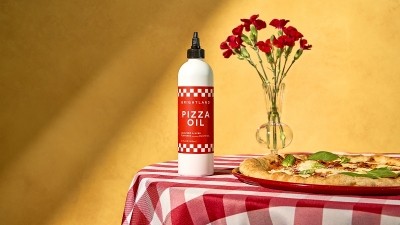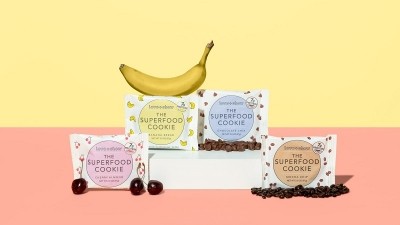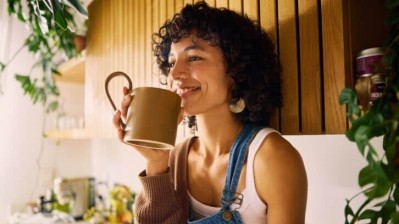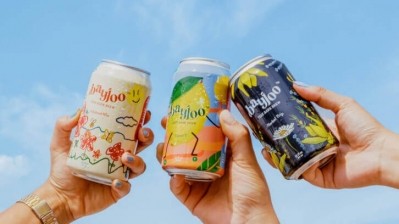Startup Spotlight
Bobabam built a devoted fan base with customizable at-home boba tea kits
Bobabam’s boba tea kits are made in Taiwan, boasting an authentic taste that stays true to traditional Taiwanese bubble tea primarily because of the quality of the tapioca pearls, Escopete and Khoddam explained to FoodNavigator-USA. The kits come in seven flavors – Brown Sugar, Coffee, Strawberry, Taro, Mango, Milk Tea and Matcha and are non-GMO, vegan and gluten-free.
The founders prioritized maintaining peak quality for both the taste and texture of the tapioca pearls. This meant the kits needed to stay frozen. Additionally, Bobabam's focus on a simpler ingredient list, with fewer than the "30-40 ingredients" found in some competing kits, became a key differentiator, Khoddam said.
The Costco connection and influencer boost
The frozen format made retail the ideal distribution channel, as opposed to direct-to-consumer, which presented cost hurdles due to dry ice shipping requirements. Khoddam's existing relationships with buyers at Costco proved fruitful, landing the brand a distribution deal with the retailer in Texas. Bobabam kits hit shelves on July 21, 2021.
Bobabam's popularity soared after a Costco influencer featured the brand on social media, mixing the brown sugar kit with a shot of espresso. This single post resulted in "a million hits" and a complete sell-out of Bobabam kits in Costco within six days, Khoddam said. He emphasized the positive experience, calling it "a brand-new validation for us."
Bootstrapped beginnings
The brand's journey began with experimentation at home, with the founders using their own funds.
"We decided not to risk anyone else's money, yet," Escopete said. "We tapped into our savings and home equity lines. That's how the business really got started."
Building a brand, devoted fans and a new product launch
Following the Costco success, Bobabam expanded its reach with other retailers and established a strong consumer presence. Currently Bobabam is available in retailers nationwide, including Albertsons, Safeway, Jewel-Osco, Shaw’s and select Targets, among others.
"We actually ended up hiring a team to focus on retail sales, which is really our core business," Khoddam said. "It is a slower process, but it is about long-term growth and brand building. It is where you build sales year after year."
Bobabam's marketing team played a key role, implementing a digital free sampling program through in-store QR codes. This strategy not only generated a passionate group of brand ambassadors ("Boba Baddies" and "Boba Ballers") but also yielded a 67% repurchase rate from these consumers.
"Within the first 12 months, we had over 25,000 people scan our QR code and become Bobo Baddies and Bobo Ballers – our boba ambassadors," Khoddam said. "We have a large and loyal group of enthusiasts, and we tap into them for feedback on flavor development and new product ideas."
Bobabam's fans, who were vocal about their creative customizations, directly influenced the brand's latest product line: Boba Refreshers. The new line features clear boba in four flavors – Peach Mango, Lychee Guava, Green Apple and Juicy Grape and can be made with just water, or other beverages like sparkling water or ice tea, Khoddam and Escopete said. Each kit is non-GMO, vegan, gluten-free and caffeine-free and designed to be consumed several times a day due to its lighter format.
"Our Boba Baddies and loyal customers were customizing their drinks in all sorts of ways," Escopete said. "They were making iced tea and refresher versions, even adding alcohol. Their inspiration pushed us to innovate and launch new products with different types of boba, like clear crystal boba, to create more refreshing drink options."
"Boba is about chewing your drink," Escopete added, referencing a common perception. "But in Taiwan, they simply drink it as a beverage. There are so many varieties, flavors, and colors to explore. It's a fun and refreshing drink at the end of the day."










